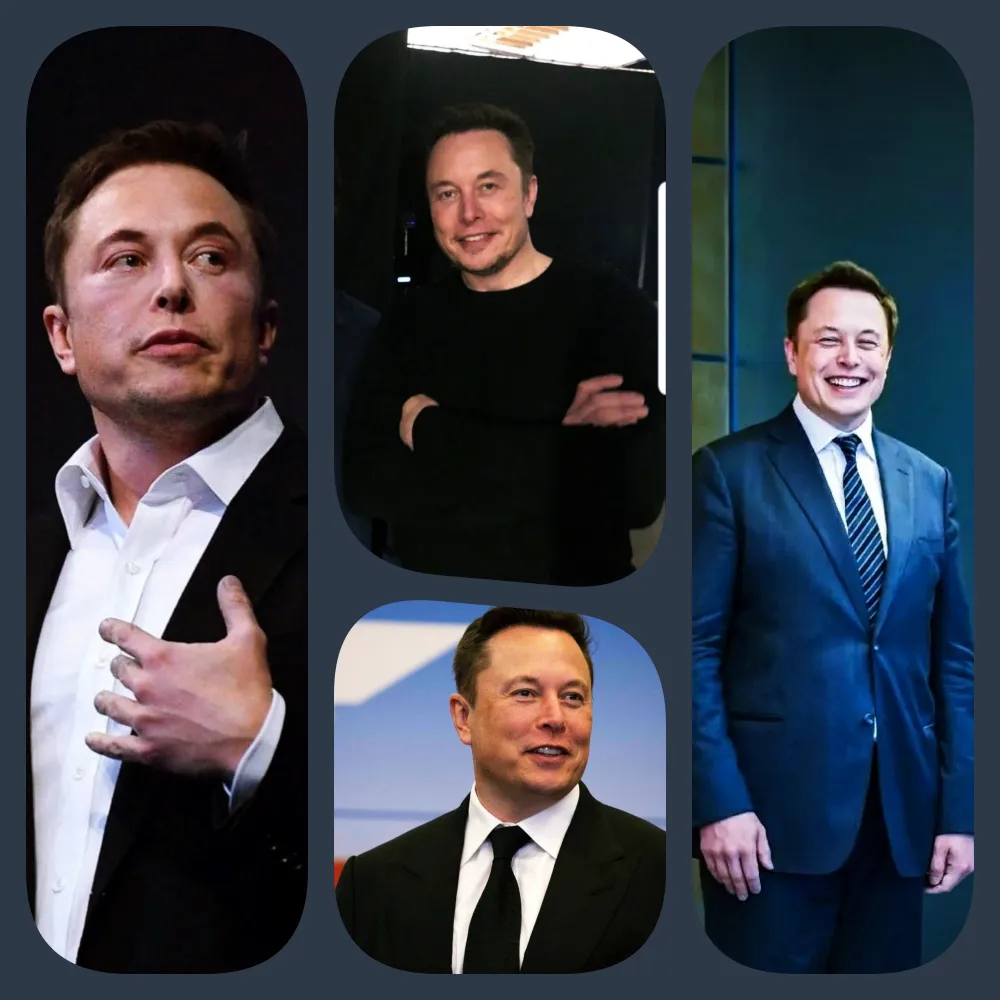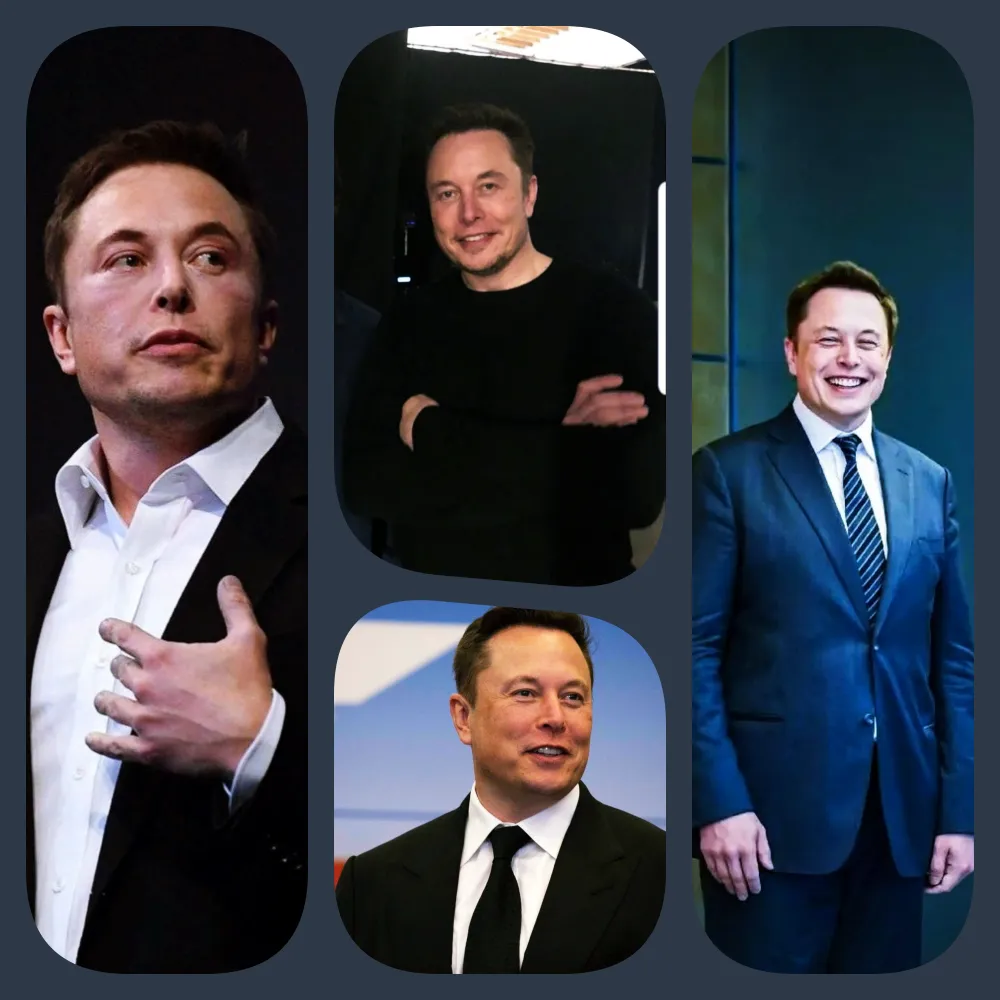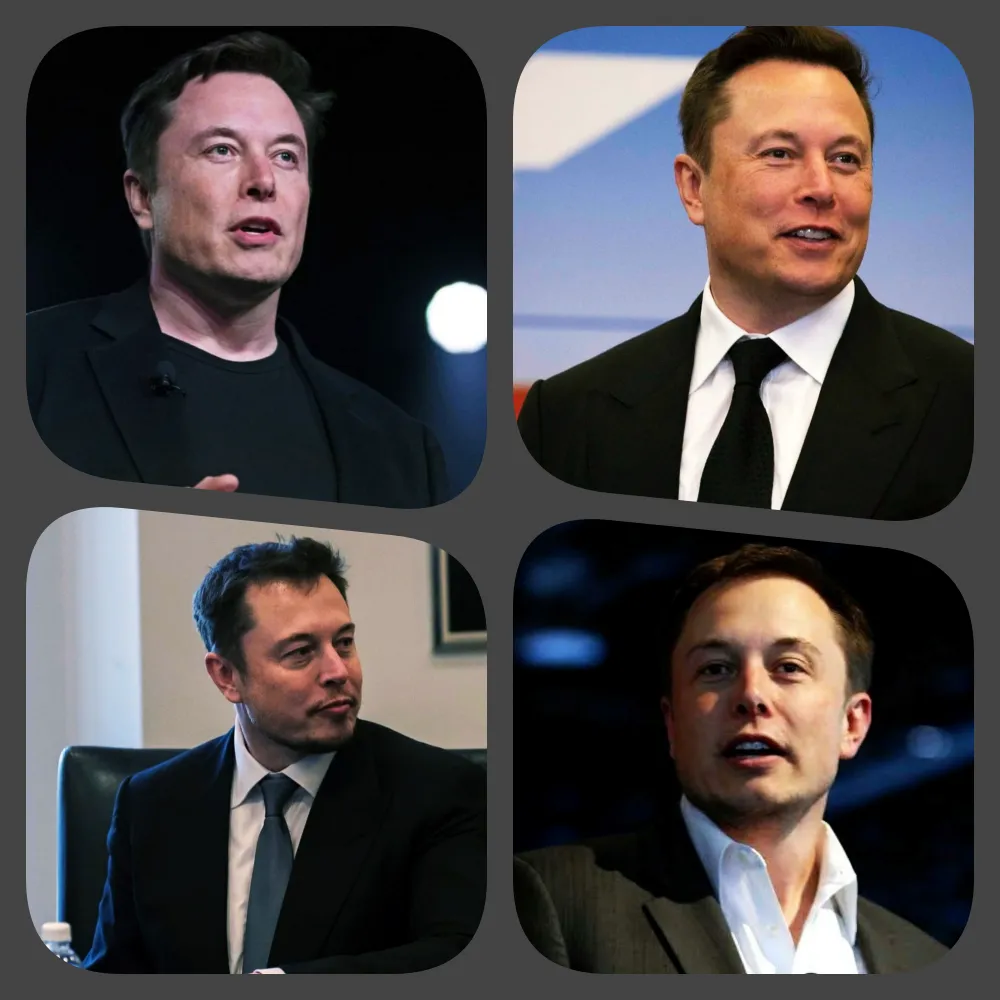
The Unequal Battle Between Elon Musk and Brazil
After Starlink’s account was frozen in Brazil, billionaire Elon Musk was forced to comply with the country’s court order to block access to X (formerly Twitter) in South America.

When Brazil’s Supreme Court announced its decision to block the social media platform X, Shirley Sampaio didn’t pay much attention, as she prefers Instagram anyway.
“I’d only feel a loss if they blocked Instagram or WhatsApp. People here don’t need X,” said Sampaio, a 56-year-old jewelry seller.
With a population of 215 million, Brazil was once one of the most enthusiastic users of X, previously known as Twitter. More than 40 million Brazilians, nearly a fifth of the population, regularly used the platform to engage in lively discussions on various life topics. Twitter was credited with fueling widespread protests in Brazil in 2013, paving the way for far-right politician Jair Bolsonaro to rise to power.
However, since then, X’s influence in Brazil has significantly waned. Recent estimates suggest only about 22 million Brazilians now use the platform. Surveys show that Brazilians tend to favor WhatsApp, Instagram, or the Chinese video-sharing app Kwai over X. A 2022 survey by Brazil’s Institute for Democracy and Media Democratization revealed that only 3% of Brazilians consider Twitter their favorite platform for following political news—a space the platform once dominated.
The social network suffered further losses after being acquired by American billionaire Elon Musk in 2022. Since Musk took over and rebranded it to X, more than 2 million Brazilian users have left.

The recent clash between X and Brazil has further diminished the platform’s status in the country. The conflict began in April, when Supreme Court Justice Alexandre de Moraes ordered the blocking of dozens of accounts supporting former President Jair Bolsonaro’s continued grip on power following his 2022 election defeat. Moraes, known for his strong stance against disinformation, argued that these accounts were spreading false information that threatened democracy. He also asked Musk to appoint a company representative in Brazil to enforce the court’s orders.
Musk refused to comply, prompting Moraes to order a nationwide block of X until the platform fulfilled the court’s demands, paid the necessary fines, and appointed a legal representative in Brazil.
In response, Musk refused to back down, taking to X to accuse Brazil of “shutting down a top source of information” and claiming the government was “so afraid of people knowing the truth that it would block anyone who tries to find out.”
While some Brazilians criticized Moraes’ ruling, most continued with their lives, as X had already lost its appeal.
“Five or ten years ago, Twitter was seen as the town square in Brazil, where we conducted most of our important conversations. But it has since lost its relevance,” said Pedro Doria, a technology columnist for O Globo.
The suspension of X in Brazil has hurt the platform’s ability to compete with other social media companies. Following the ban, more than a million Brazilians migrated to alternative platforms like Bluesky or Threads.
Starlink, Musk’s satellite internet company, initially said it would allow users to continue accessing X despite the Supreme Court’s ruling. Musk repeatedly criticized Moraes, even labeling him a criminal.
But the power balance in this fight has become increasingly lopsided. Last week, Moraes froze Starlink’s accounts, citing its connection to X through their shared parent company and enforcing a $3 million fine on X. Starlink has appealed the decision, but on September 2, a Supreme Court committee upheld the ban, weakening Musk’s efforts further.
The head of Brazil’s telecommunications agency, Anatel, also warned that Starlink’s operating license could be revoked if the company didn’t block access to X. Anatel could seize equipment from Starlink’s 23 ground stations in Brazil, a board member of the agency.
The next day, despite Musk’s harsh condemnation of the ban as “blatantly illegal,” X relented and announced that it would comply with Brazil’s demands.
“Even though Starlink has been unlawfully treated by having its assets frozen, we are complying with the order to block access to X in Brazil,” the company stated. “We will continue to pursue all legal avenues. Many others also agree that the recent ruling by Judge Moraes violates Brazil’s constitution.”
Some legal experts have questioned Moraes’ justification for freezing Starlink’s accounts, as its parent company, SpaceX, is technically separate from X. Musk noted that the two companies have different shareholder structures.
Nevertheless, Musk’s decision to comply with the X ban has provided relief to many Brazilians who rely on Starlink. The company serves over 250,000 customers in Brazil, many of whom live in remote areas without access to high-speed internet.
Before Starlink, internet access in many regions was slow and unreliable, relying on fixed antennas. Starlink’s easily installable and fast connections have solved these problems, enabling faster internet for some communities.
Brazil’s vast rural and mountainous landscape makes it an attractive market for Starlink. However, the company’s presence is still smaller than Musk had hoped. Since launching in Brazil in January 2022, Starlink has captured only 0.5% of the country’s internet market, far behind leading provider Anatel.
“The clash between Musk and Moraes reminds us how powerful and provocative tech leaders have become. Brazil won’t be the last country to seek accountability or erect barriers against tech corporations,” said Marietje Schaake, Director of International Policy at Stanford University’s Cyber Policy Center.






